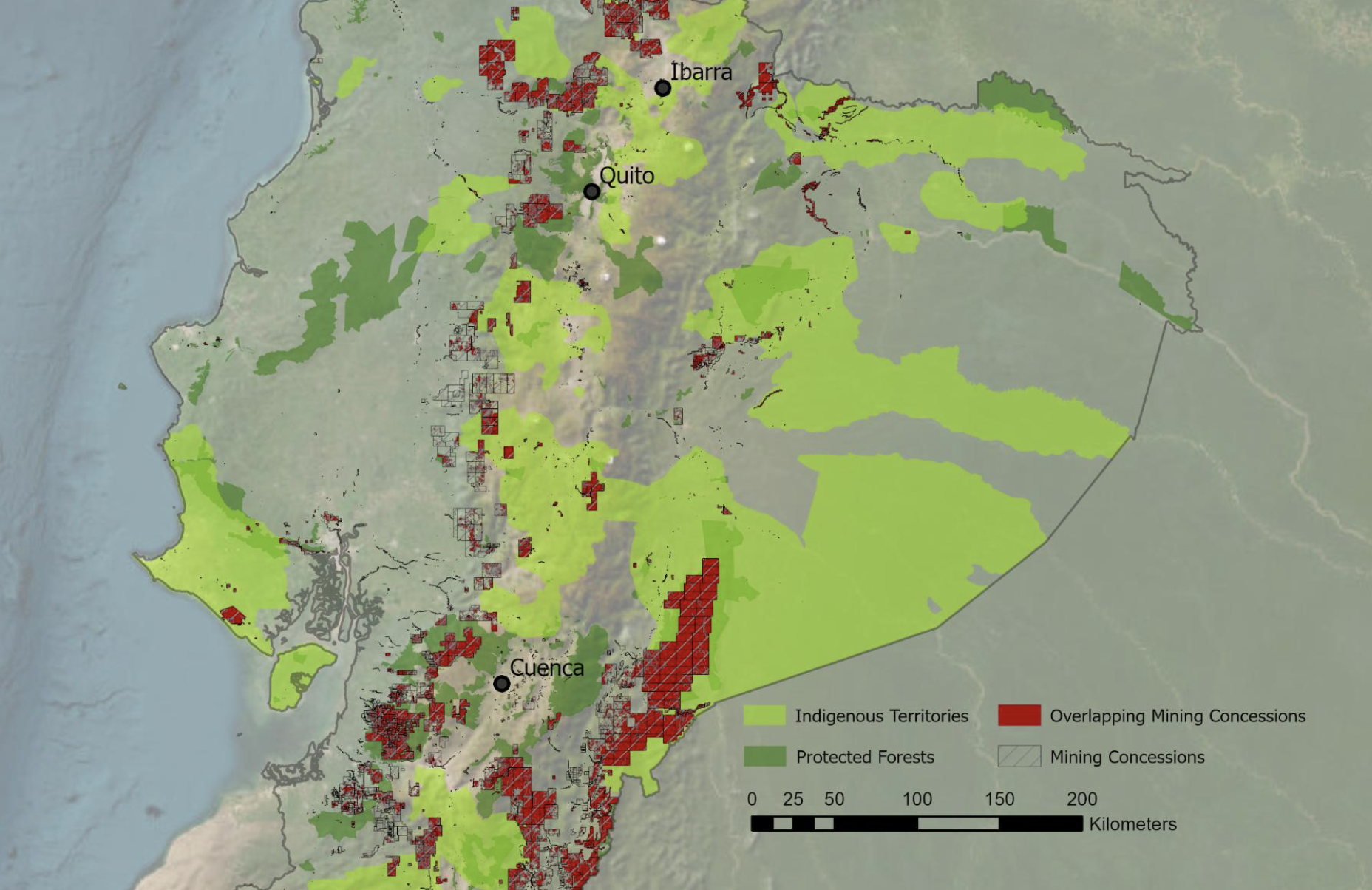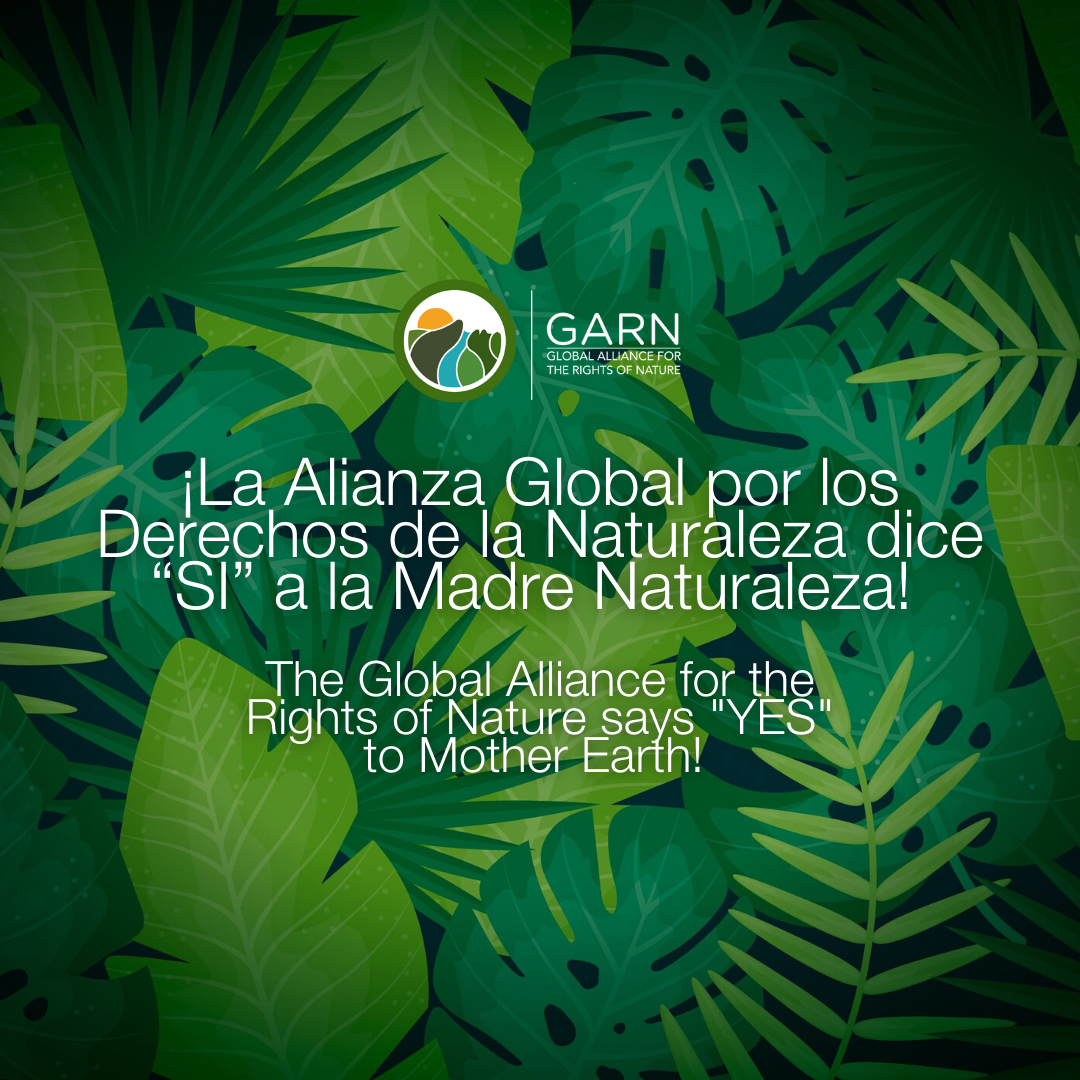Natalia Greene was interviewed by Melissa Arias, F&ES ’15 of the Yale Center for Environmental Law & Policy.
Notes on her presentation:
As part of a major restructuring of the country’s legal framework, in 2008 Ecuador adopted a new Constitution by means of a national referendum. The 2008 Constitution – the country’s 20th – had a special component that made it different from any other constitution worldwide: it was the first Constitution to grant essential rights to Nature. Under Article 71 of the 2008 Constitution, “Nature or Pachamama, where life is reproduced and exists, has the right to exist, persist, maintain and regenerate its vital cycles, structure, functions and evolutionary processes.” Under this framework, Nature becomes a subject of rights and “any person will be able to demand the recognition of the rights of nature before public organisms.”
Rights of nature, while having a long history in the ethical practices of a variety of societies, has recently become a matter of state policy in Ecuador and Bolivia, which have enshrined “rights of nature” in law (in Bolivia) and in the state constitution (Ecuador). Natalia Greene, a participant in the Ecuadorian constitutional process, traces the uses and misuses of the rights of nature in Ecuador since the passing of the constitution in 2008. Further, her talk explores the issues of securing rights as compared with securing livelihoods through non-legal means.



